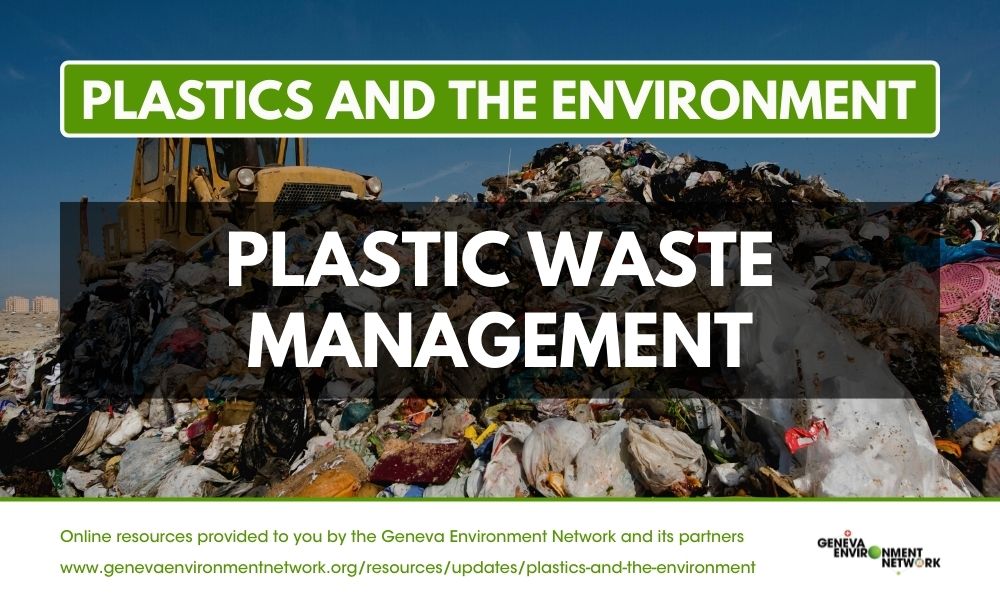The Role of Reuse in Indonesia’s Circular Economy
In Indonesia, the concept of reusing materials plays a crucial role in fostering a sustainable circular economy. By embracing reuse practices, the country can minimize waste generation, conserve resources, and promote environmental stewardship.
The Environmental and Economic Impact of Reuse
Reusing materials in Indonesia not only reduces the volume of waste that ends up in landfills but also lessens the demand for new resources. This results in lower energy consumption, decreased greenhouse gas emissions, and overall cost savings for businesses and consumers.
Promoting a Culture of Reuse and Innovation
Encouraging reuse initiatives in Indonesia leads to the development of innovative solutions and business models centered around sustainability. By promoting a culture of reuse, the country can drive creativity, entrepreneurship, and job creation in the circular economy sector.
Fostering Collaboration and Education
Collaboration among government, businesses, and communities is essential to propel the adoption of reuse practices across Indonesia. Educational campaigns on the benefits of reuse and the importance of waste reduction can further empower individuals to participate actively in building a more sustainable future.
Innovative Reuse Initiatives Reducing Plastic Waste
Plastic pollution has become a pressing environmental issue globally, with its detrimental effects on ecosystems and human health. To combat this crisis, innovative reuse initiatives are emerging as powerful solutions to reduce plastic waste and foster sustainability.
One significant initiative gaining traction is the concept of ‘precycling,’ which emphasizes preventing waste before it happens. By encouraging reusable alternatives such as stainless steel straws, tote bags, and refillable containers, precycling minimizes the need for single-use plastics, thus curbing plastic waste generation.
Moreover, upcycling presents another compelling approach to tackle plastic pollution. This process involves creatively transforming discarded plastic items into new, high-quality products, giving a second life to materials that would otherwise end up in landfills or oceans.
Industry leaders and environmental advocates are increasingly recognizing the potential of innovative reuse initiatives. Companies are incorporating eco-friendly practices into their operations, offering refill stations, incentivizing reusable product purchases, and investing in sustainable packaging solutions.
Furthermore, governments and policymakers are implementing regulations to promote the adoption of reusable and recyclable materials, driving the transition towards a circular economy and reducing plastic waste on a larger scale.
In conclusion, innovative reuse initiatives play a vital role in the fight against plastic pollution by encouraging conscious consumption, reducing waste generation, and fostering a more sustainable future. By embracing these initiatives and reimagining our relationship with plastic, we can make significant strides towards a cleaner, healthier planet for current and future generations.
Government Policies Targeting Plastic Waste Solutions
Exploring Sustainable Regulations
Government policies on plastic waste are crucial in addressing the global environmental crisis. By implementing comprehensive frameworks that prioritize reduction, recycling, and innovation, policymakers can drive positive change.
Encouraging Circular Economy Practices
Incentivizing the adoption of circular economy practices through policies can lead to the development of eco-friendly products, reducing the reliance on single-use plastics and promoting recycling initiatives.
Global Collaboration for Impact
International cooperation plays a key role in tackling plastic waste challenges. By aligning policies with global sustainability goals, governments can work together to create a more sustainable future for the planet.
Community Involvement and Eco-Friendly Practices in Indonesia
Breaking Down the Headlines
Community involvement and eco-friendly practices in Indonesia are gaining significant traction as more organizations and individuals recognize the importance of sustainable development. From community-led conservation projects to initiatives promoting renewable energy and waste management, there is a growing emphasis on fostering environmental consciousness and active participation at the grassroots level.
The Bigger Picture
Indonesia, known for its rich biodiversity and environmental challenges, is at a critical juncture where the intersection of community involvement and eco-friendly practices holds immense potential for addressing pressing issues like deforestation, pollution, and climate change. By prioritizing community engagement and sustainable approaches, Indonesia has the opportunity to safeguard its natural resources while nurturing local economies and empowering communities.
What This Means Going Forward
Looking ahead, the emphasis on community involvement and eco-friendly practices in Indonesia is poised to reshape the environmental landscape of the region. Expect to see increased collaboration between stakeholders, innovative sustainable solutions, and a stronger emphasis on inclusive and participatory approaches to environmental conservation. This shift will not only benefit the environment but also lead to stronger communities and a more resilient economy in Indonesia.
